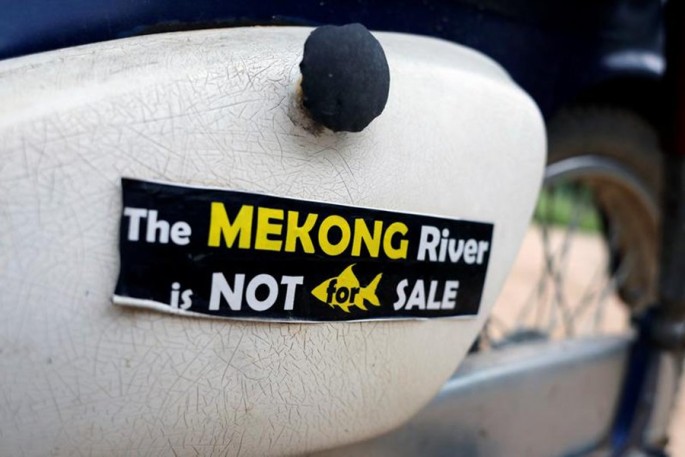Thai protesters are asserting that China should not pursue its plans to dynamite the Mekong River. The Thai environmentalists claim that blasting the Pi Long rapids will only benefit China.
China wants to blast the half-submerged rocks because they block the passage of bigger cargo ships.
The environmentalists claim that China's move will not be beneficial to Thailand and Laos.
"This will be the death of the Mekong. You'll never be able to revive it," said Niwat Roykaew, chairman of the Rak Chiang Khong Conservation Group.
The conservationists argue that blasting the rocks will destroy fish sanctuaries, disrupt bird migration and flood the riverside farmland.
The wave of protests poses a challenge to the One Belt, One Road Initiative, which intends to make a trade link between Asia and Europe.
China had already blasted portions of the river that are near Laos a few years ago as part of the Silk Road initiative.
A subsidiary of the China Communications Construction Corporation, Second Harbour Consultants, is conducting a survey of the Mekong to determine if China should proceed with the blasting.
The company also held public consultations "to communicate, build confidence and clear doubts."
The Mekong River is a major source of livelihood for 60 million rural poor people. The delta is a major source of fish as well as irrigation for riverside rice plantations.
Many dams have been constructed by China along the river and these structures have affected the water flow and caused drought. Protesters said that China is not to be trusted.
Meanwhile, the Chinese survey company fears that their ground personnel will be attacked by the locals due to the dispute.
One of the Chinese engineers, who wanted to remain anonymous, said, "We are afraid for our team's safety."
He added, "We want to do this project well and benefit Thailand, Myanmar, Laos, China, these four countries. This is not just for China."



























